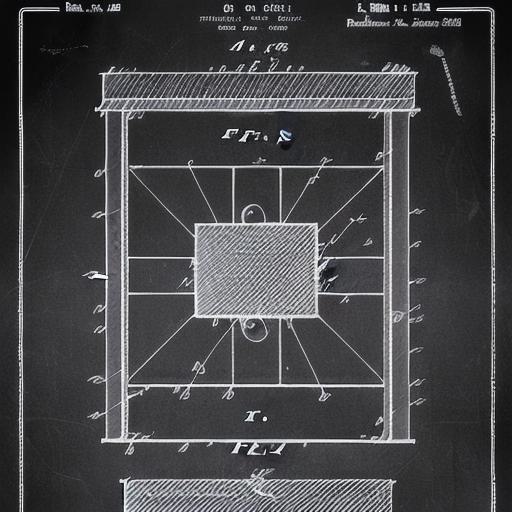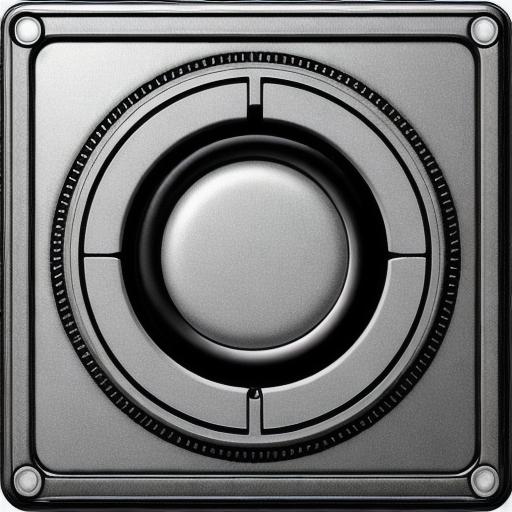Can Software Be Patented? A Comprehensive Guide to Intellectual Property Protection for Software Innovation

Can Software Be Patented? A Comprehensive Guide to Intellectual Property Protection for Software Innovation
In today’s rapidly evolving tech industry, software is becoming increasingly important as a means of innovation and productivity. With the rise of artificial intelligence (AI), cloud computing, and the Internet of Things (IoT), companies are constantly looking for ways to protect their intellectual property (IP) in order to stay competitive. One of the most common questions in the tech industry is whether software can be patented. In this comprehensive guide, we will explore the complexities of IP protection for software innovation, including case studies and expert opinions.
The Basics of Software Patents
To begin, let’s define what a software patent is. A software patent is a legal document that grants the owner exclusive rights to use, sell, and manufacture an invention or process that involves software. This type of patent is granted by governments around the world in order to encourage innovation and protect intellectual property.

There are several key elements that must be included in a software patent application, including:
- A clear and concise description of the invention or process being patented
- A detailed explanation of how the invention works
- A list of any prior art (similar inventions or processes) that have been developed by other companies
- A claim of novelty for the invention or process being patented
- Any necessary drawings or diagrams to illustrate the invention or process
Case Studies: Software Patents in Action
One of the most well-known software patent cases is the ongoing battle between Google and Oracle Corporation. In 2010, Oracle sued Google for copyright infringement over its use of Java programming language in the Android operating system. The case went all the way to the Supreme Court, which ruled in favor of Oracle in 2021.
In this case, the key issue was whether or not software code could be considered a "creative work" that could be protected by copyright law. The court ultimately found that software code could indeed be protected under copyright law in certain circumstances, specifically when it meets the criteria of originality and authorship.
Another example of software patents in action is the case of Amazon’s "one-click" patent. In 2000, Amazon was granted a patent for its one-click shopping system, which allowed customers to complete purchases with just one click of their mouse. This patent has been instrumental in Amazon’s success as a retailer and has inspired numerous other companies to develop similar systems.
Expert Opinions on Software Patents
According to Dr. James Love, an expert in open standards and intellectual property law, software patents can have both positive and negative effects on innovation. "On the one hand, software patents can provide incentives for innovation by rewarding companies that develop new and useful technologies," he says. "On the other hand, they can also stifle innovation by creating barriers to entry for smaller companies and limiting competition in certain markets."
Dr. Love goes on to argue that the best approach to software patents is a balanced one that encourages innovation while minimizing the negative effects of monopolistic practices. This could involve stricter enforcement of existing patent laws or the development of new legal frameworks specifically designed to promote open standards and interoperability.
The Future of Software Patents
As technology continues to evolve, the role of software patents in protecting intellectual property will likely become even more important. With the increasing use of AI, machine learning, and other advanced technologies, companies will need to be vigilant in protecting their IP from potential infringers.
At the same time, there is a growing debate about whether software patents are truly effective at promoting innovation or if they stifle it by creating barriers to entry for smaller companies and limiting competition. As such, it is likely that we will see ongoing discussions and debates about the role of software patents in intellectual property protection in the years to come.
Conclusion
In conclusion, the question of whether software can be patented is a complex one with no easy answer. While software patents can provide incentives for innovation and protect intellectual property, they can also stifle competition and limit market entry for smaller companies. As technology continues to evolve and new IP protection frameworks are developed, it is likely that we will see ongoing discussions and debates about the role of software patents in protecting intellectual property.
FAQs
1. Can software code be protected by copyright law?
In certain circumstances, yes, software code can be protected by copyright law as long as it meets the criteria of originality and authorship.
2. What are some common elements that must be included in a software patent application?
These include a clear and concise description of the invention or process being patented, a detailed explanation of how it works, a list of prior art, a claim of novelty, and any necessary drawings or diagrams.

3. What are some examples of successful software patent cases?
One well-known example is the ongoing battle between Google and Oracle Corporation over copyright infringement related to the use of Java programming language in the Android operating system. Another example is Amazon’s "one-click" patent for its shopping system.